Satellite imagery suggests that islanders lived sustainably rather than overexploiting resources.
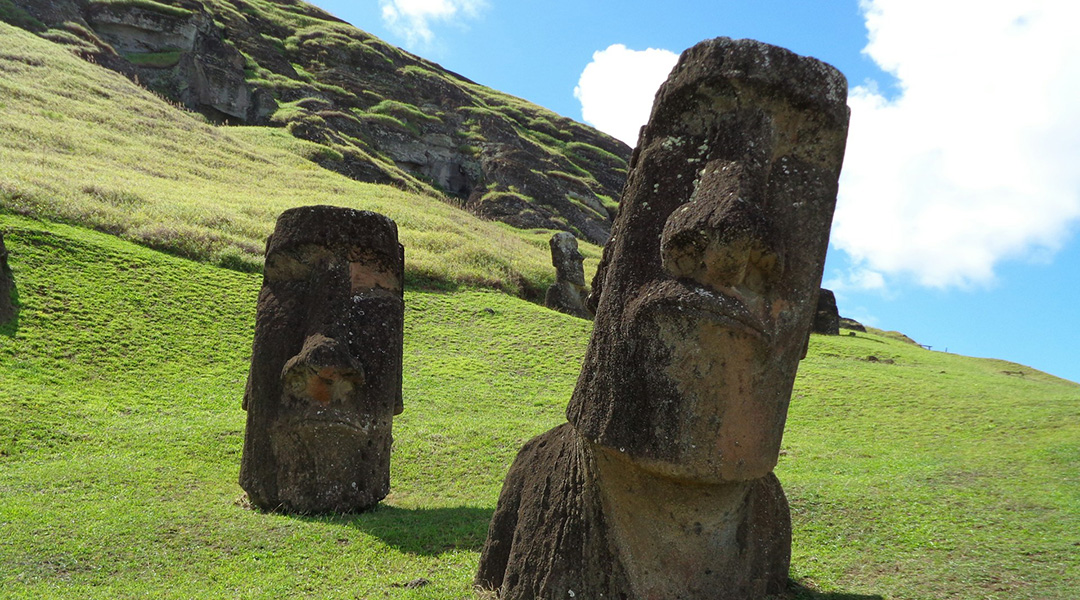

Satellite imagery suggests that islanders lived sustainably rather than overexploiting resources.
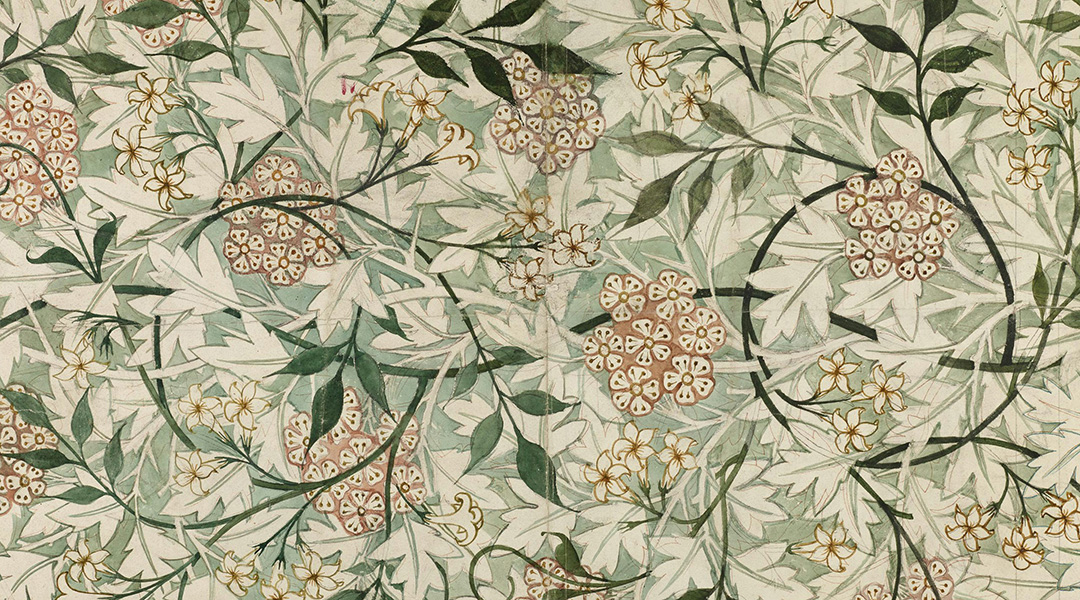
New findings reveal a link between our taste buds and what plants were used medicinally during ancient times.
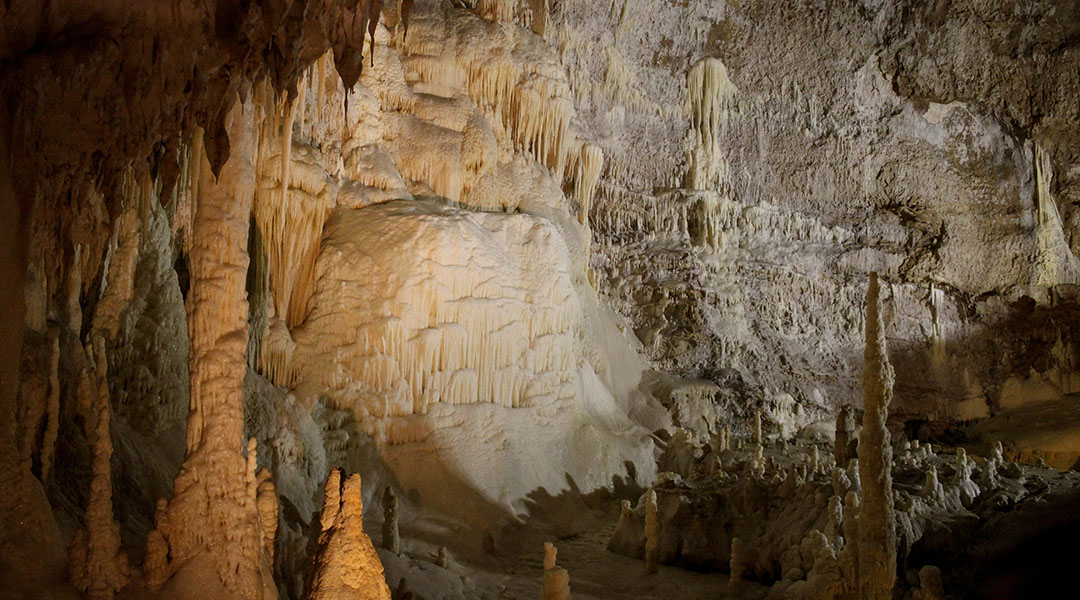
Analyzing human hair from remains recovered in Menorca, researchers say they have provided the earliest direct evidence of drug use.
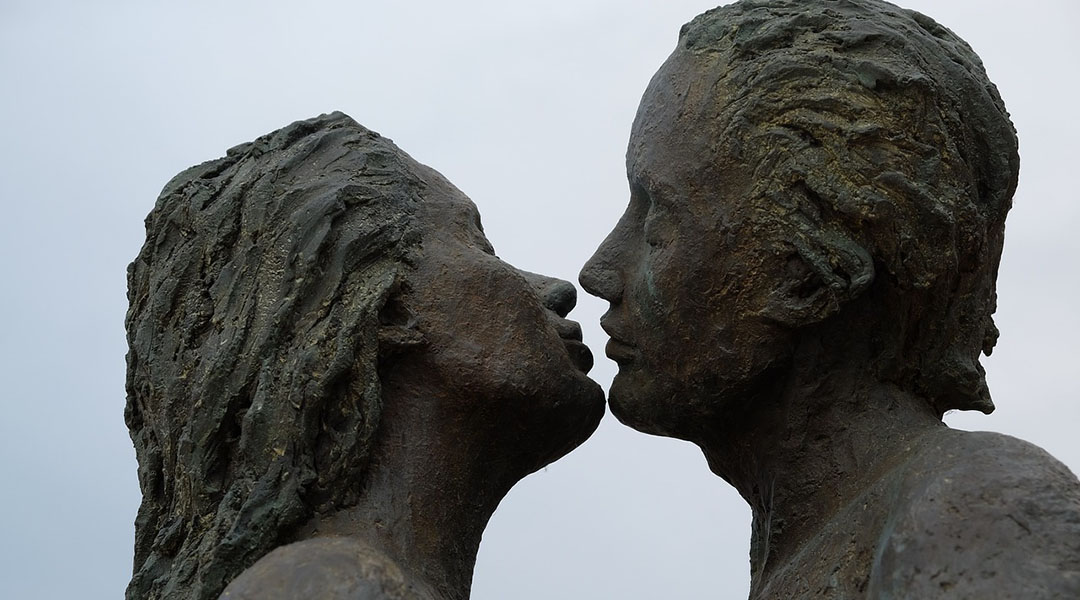
A mythological text written in Sumerian and dated to 2500 BCE describes humanity’s earliest record of a romantic kiss.
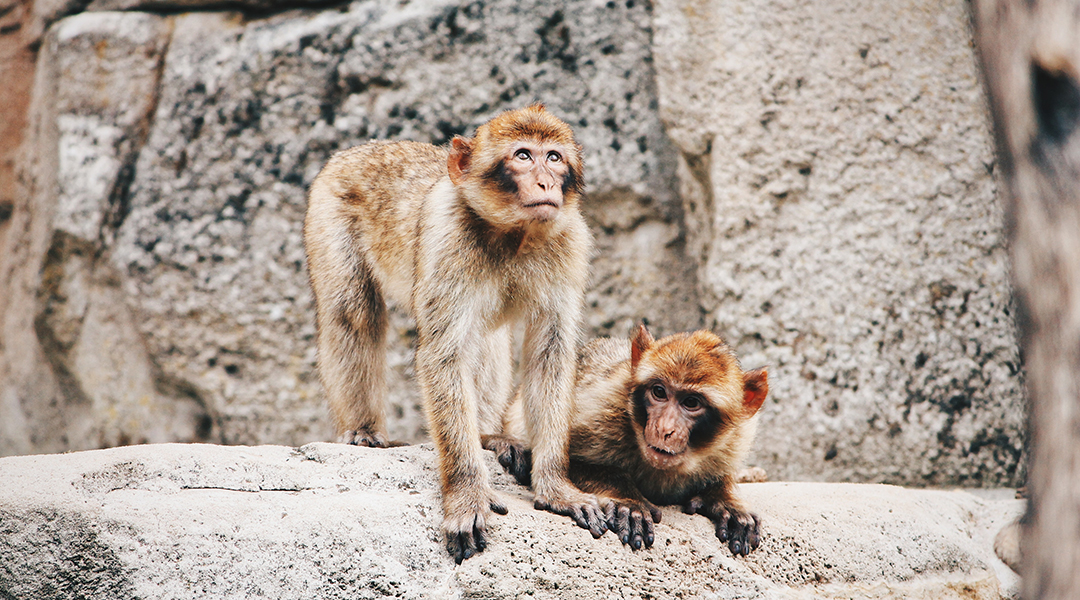
Stone flakes made unintentionally by monkeys may be common and confused with stone artifacts left behind by the earliest humans.

Researchers refute a hypothesis that the human brain shrank 3,000 years ago as a result of the transition to living in modern societies.

Who were the vikings and where did they come from? Sequencing of skeletons allows researchers to understand Vikings through their genetic legacy.
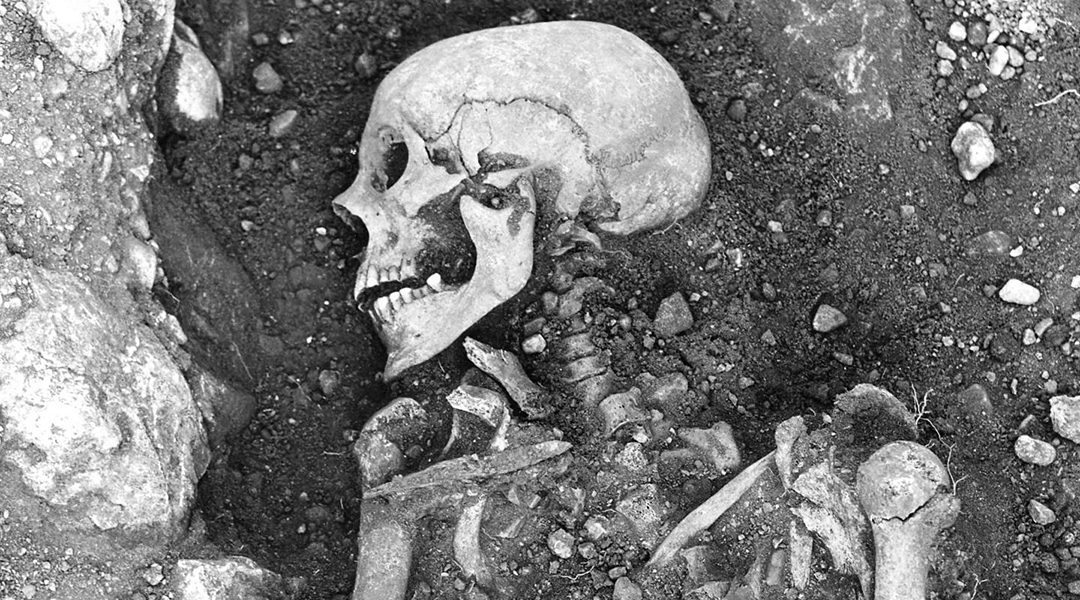
Scientists have identified extinct strains of smallpox on the teeth of Viking skeletons from sites across Northern Europe.